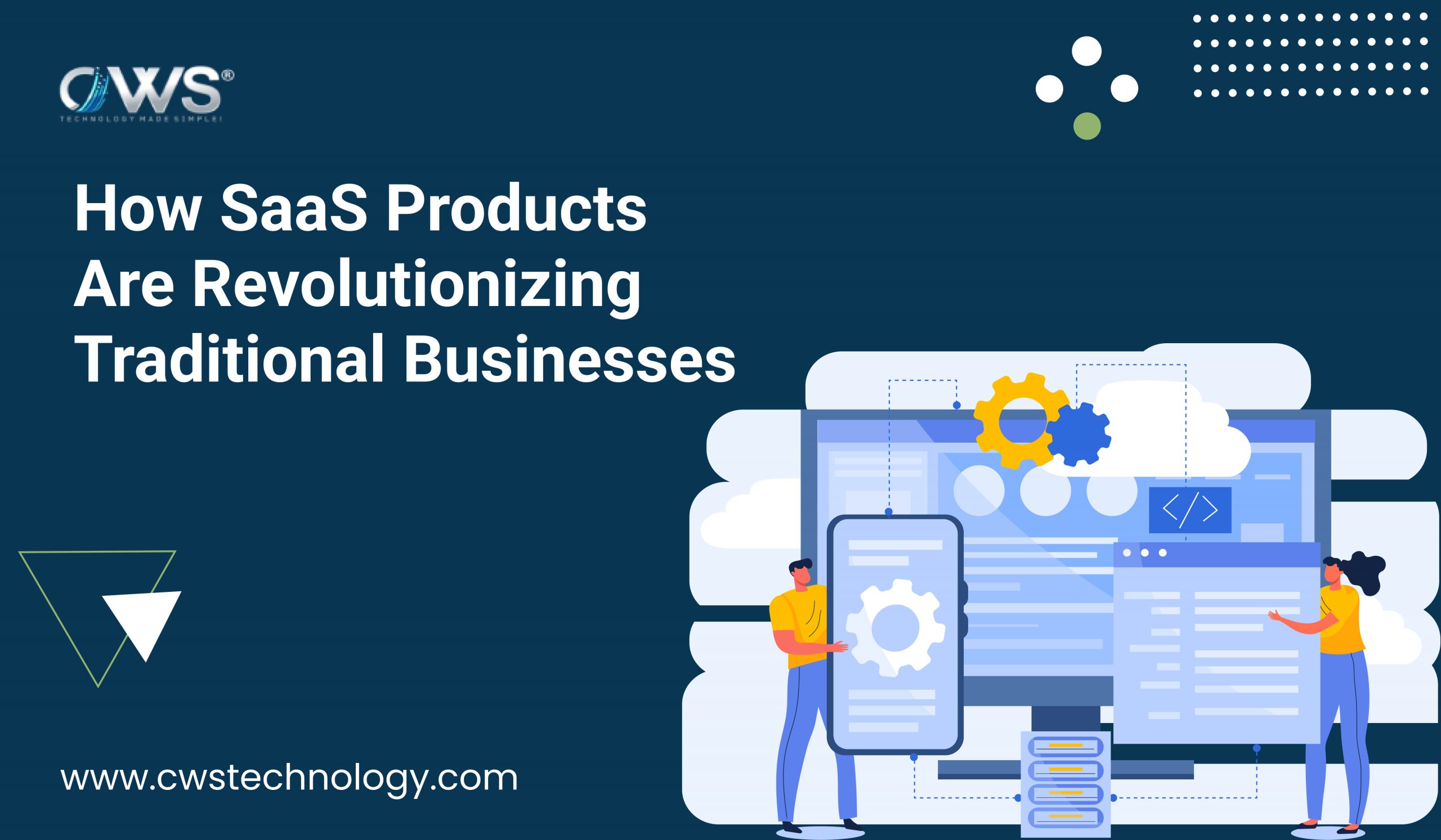The mobile phone industry has incessantly turned out to be the fastest-growing industry without a shadow of a doubt, and so is mobile app development. mobile app development is a highly evolving field all over the world. Everyone from small enterprises to bigger organisations is investing in mobile app development to enhance their productivity in their work procedures.
Native or Cross Platform App Development – Resolving the Dilemma Off App Entrepreneurs
Should we build a native app for each platform or look for a cross-platform solution? You have this thought in mind while developing mobile apps. Regarding mobile app development, a common topic that trends is whether the app should be set on native or cross-platform. Discussions concerning whether to go with Native apps or cross-platform are nothing new and have been going on for quite a while.
In this article, we will explain which platform to choose to start the development with.
What is a Cross-platform app?
Cross-platform mobile apps are built to target multiple operating systems. These apps can be customised easily to make the code applicable and accessible on different platforms. Simply, you write code compatible with various mobile OS like Android, iOS, Windows, etc.
What is a Native app?
A native app is an application coded for a specific platform. As they are written for a particular platform, they can interact and take advantage of operating system features installed on it. They have access to mobile functions. However, native apps are expensive because they are developed specifically for one operating system.
The face-off: Native vs Cross-platform platform:
Let’s look at comparing the mobile app development platform with different parameters. Let us have an insight into these two platforms. This will help you get in-depth into these two approaches. Ultimately, selecting either platform depends on your business needs.
1. Cost:
Cost is a deciding factor when it comes to choosing either of the platforms for developing mobile applications. Small enterprises and startups are budget constrained, and building an app on a cross-platform is the cost-effective option because they don’t have to code their applications separately for different platforms. In contrast, cross-platform doesn’t require much investment, thus, saving them time and money. On the other hand, bigger organisations can afford to go for the Native platform.
For each native OS, you need to code the app again. Thus, it becomes challenging for you as you have to call in developers with expertise in a certain programming language (Java – Android, Objective – C for iOS) to develop native apps on multiple platforms.
With open-source tools available (Ionic, PhoneGap, Xamarin etc.) for cross-platform app development, it is easy to control the expense. Therefore, if you don’t have that much investment, you can go with cross-platform app development as it is cost-effective. You can develop an app at a lower investment than native apps.
2. App performance:
As Native apps are designed specifically for different platforms, native apps are faster and more reliable as other platforms require other languages that are compatible and suitable for developing mobile apps, enhancing their performance. Implementation and modification are more feasible in native mobile apps, whereas cross-platform apps have limited compatibility with different platforms. They are less flexible since each forum has additional requirements.
3. Reusability:
Cross-platform mobile apps are reusable across different platforms because the web technology is similar to all the media, and code can be reused without the need to start from scratch, whilst, for native apps, you have to write the code from scratch for each platform.
4. Reliability:
Native apps are developed for specific platforms with respective SDKs. Therefore, it is easier for you to use all the hardware resources of the app code. New features are easily accessible, making them faster, robust, reliable and less prone to crashes.
5. User experience:
Native apps have a rich user interface and create a special environment for the native user experience. It enhances certain aspects of your app, like layout, navigation, interactivity, adaptability, graphics and much more. Normally, cross-platform apps often have performance delays. Cross-platform apps do not offer a good user experience. Thus, users feel low responsiveness, but the apps are intuitive when interface designs with dynamic content are used.
6. Marketplace:
Native apps have their specific market in app stores (Google’s Play Store, iOS App Store) where users can install them. In contrast, cross-platform apps have an edge over Native apps as users can easily download and install them from web browsers and app stores. In this way, cross-platform apps have extended their coverage.
Native or cross-platform: it’s your call.
Cross-platform refers to Mobile app development that can be used on multiple platforms. It allows you to use the same code base while focusing on various platforms and leading in the marketplace, reusability and cost. On the other hand, in native apps, you have to write separate code for each forum but have a good interface, performance and speed. You may develop UI in cross-platform apps, but you have to spend months achieving the performance that native apps provide.
Both platforms are useful and prominent and have pros and cons. You can choose either media for mobile app development depending on the business needs.
Conclusion
In conclusion, choosing between native and cross-platform app development is a common dilemma for app entrepreneurs. Each option has its advantages and considerations. Cross-platform apps offer code customisation for multiple operating systems, enabling cost-effectiveness and broader reach. Native apps, on the other hand, provide better performance, reliability, and user experience by being platform-specific. Factors like cost, app performance, reusability, reliability, user experience, and marketplace presence must be carefully evaluated when making the decision. Ultimately, the choice depends on the specific needs and requirements of the business.
In app development, Content Delivery Networks with Web Application Firewalls (CWS) technology can significantly enhance mobile apps’ performance, reliability, and security. CWS Technology combines the capabilities of content delivery networks (CDNs) and web application firewalls (WAFs). CDNs optimise app performance by delivering content from nearby servers, reducing latency and improving speed. WAFs protect apps from various security threats, such as malicious attacks and data breaches, ensuring a secure user experience. By integrating CDNs and WAFs, CWS technology provides a seamless and secure app experience while safeguarding against potential cyber threats.








